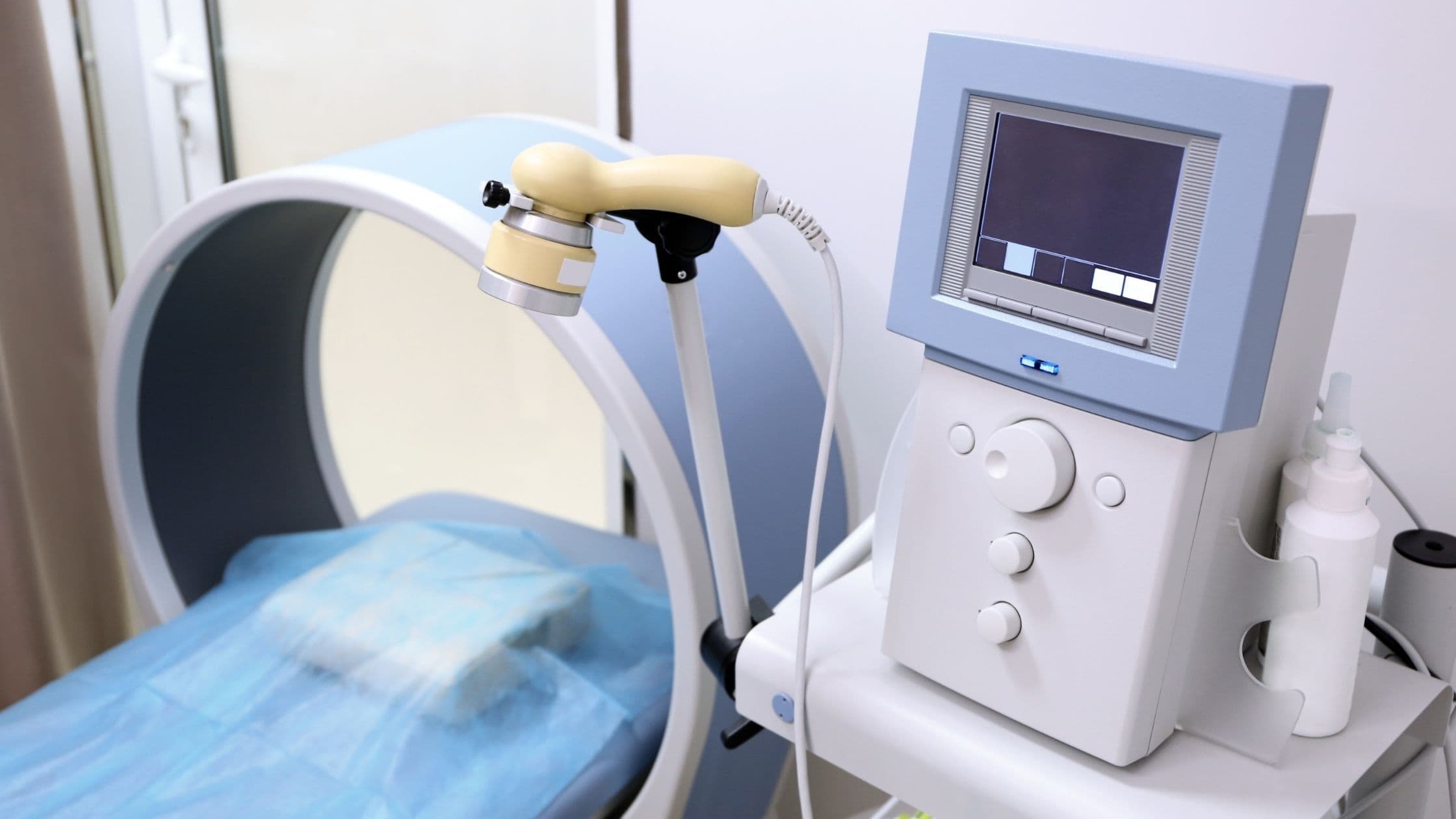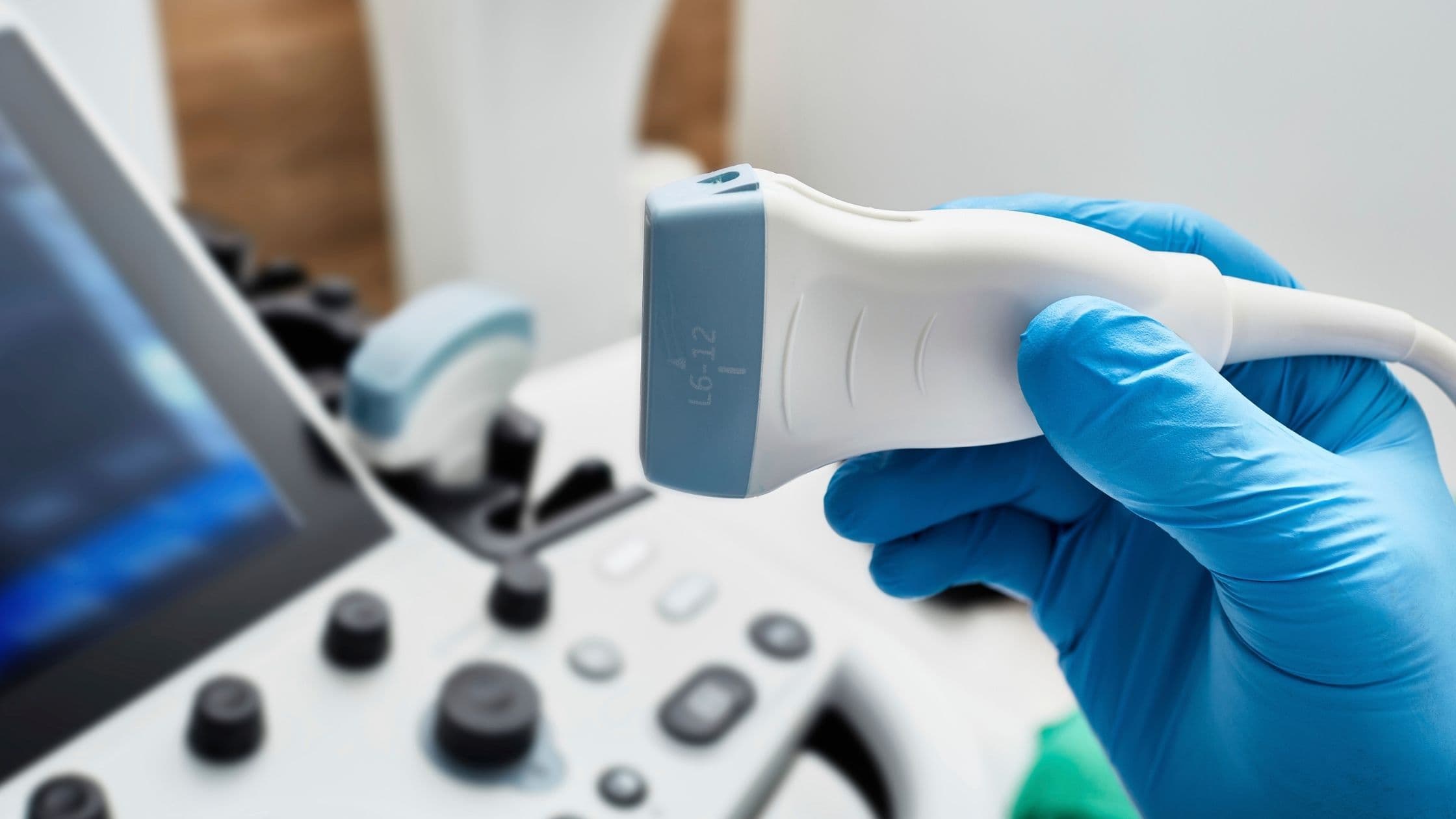The Experience of an Ultrasound Scan
Ultrasound scans, a cornerstone of modern medical imaging, offer a safe and valuable tool for visualizing internal organs and tissues. While they play a crucial role in diagnosis and treatment planning, the question of symptoms surrounding an ultrasound scan might arise. Here, we delve into what to expect during an ultrasound exam, exploring any potential discomfort and addressing common concerns.

No Symptoms from the Scan Itself:
Ultrasound technology itself doesn't produce any symptoms. It utilizes sound waves at frequencies inaudible to the human ear to create detailed images. Therefore, you can undergo an ultrasound scan without experiencing any physical symptoms related to the imaging process.
Comfort Considerations During the Procedure:
Depending on the type of ultrasound scan being performed, you might experience some minor discomfort:
- External Ultrasound: The most common type of ultrasound scan involves an external probe being placed on your skin with a gel applied to improve sound wave transmission. While no needles or injections are involved, applying pressure with the probe for extended periods during certain scans might cause mild temporary discomfort.
- Internal Ultrasound: In some cases, a thin probe covered in a disposable sheath might be inserted into a body cavity, such as the vagina or rectum, to get a closer view of internal organs. This insertion process might cause some pressure or cramping sensation, but it shouldn't be painful. If you experience any unexpected discomfort during an internal ultrasound, communicate with the healthcare professional performing the scan immediately.
Additional Considerations:
- Full Bladder for Abdominal Scans: For certain abdominal ultrasounds, like those examining the uterus or ovaries, you might be asked to drink plenty of fluids beforehand to have a full bladder. A full bladder helps create a clearer picture of the abdominal organs by pushing aside the intestines. While not necessarily painful, having a full bladder can naturally cause the urge to urinate. If this becomes uncomfortable during the scan, let the healthcare professional performing the exam know.
- Anxiety Around Medical Procedures: It's understandable to feel some nervousness or apprehension before or during an ultrasound scan, especially if you're unfamiliar with the procedure. However, the ultrasound exam itself shouldn't cause any pain. Open communication with your healthcare provider can help alleviate any anxieties you might have. They can explain the procedure in detail and answer any questions you have beforehand.

Overall, ultrasound scans are a safe and well-tolerated diagnostic tool. If you have any specific concerns about discomfort during a particular type of ultrasound scan, talk to your healthcare professional beforehand. They can provide tailored information about the procedure and address any anxieties you might have.